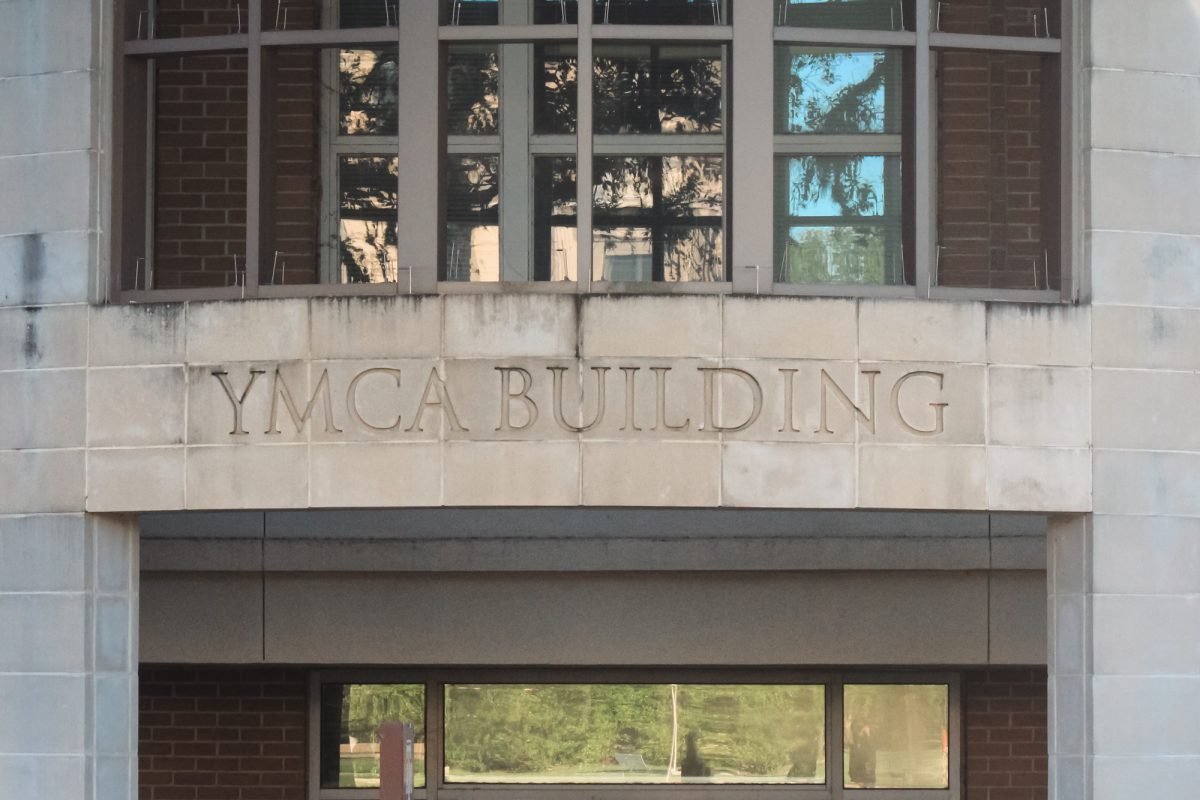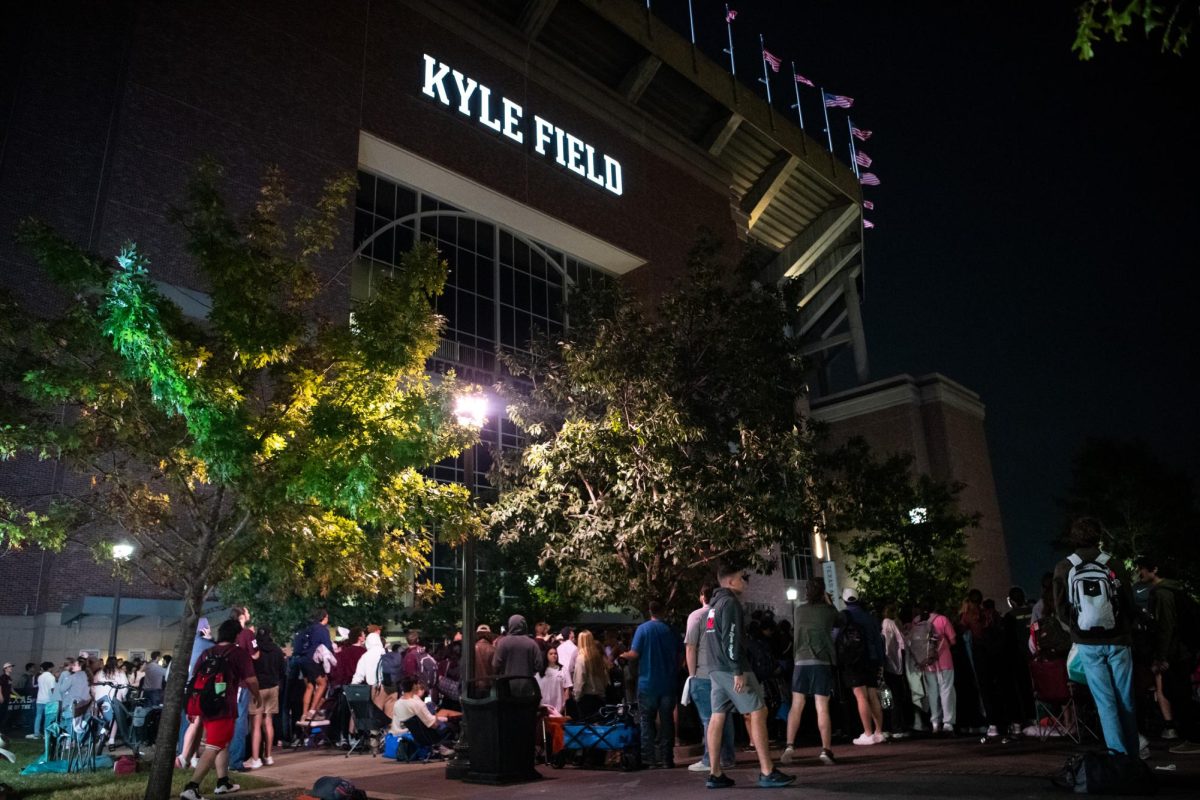In recent weeks, Black Lives Matter supporters have taken to the streets to tear down Confederate monuments, seek justice for George Floyd and pressure politicians into reforming police forces. Plenty of Aggies have joined the movement with the Lawrence Sullivan Ross statue protests and the #hateisthehiddencorevalue hashtag on Twitter. However, black squares on Instagram and toppled statues are nothing without policy changes. While it is shocking that both Republicans and Democrats have set forth plans to ameliorate the ongoing crisis, both bills contain legislative loopholes and ambiguous language that can prevent effective police reform.
The Republican bill would increase punishment for falsified reports, require law enforcement to report to the Attorney General when executing a no-knock warrant and dissuade chokeholds by denying funding unless they are deemed absolutely necessary.
To Republicans’ credit, raising the penalty for falsified police reports is a decent change. An officer’s first obligation is to the community and lying about their conduct violates this directive. The additional funding for non-violent approaches also ensures future officers are less likely to use brutal tactics in inappropriate situations, making a falsified report less likely to occur.
However, the bill has vague language leading to many loopholes. Denying funding to departments whose officers use chokeholds unless “deadly force is authorized” is so vague it is meaningless. The Rayshard Brooks case – in which officers shot and killed Brooks as he was running away with a taser – shows how difficult it is to determine if police officers were justified in using deadly force. Moreover, the bill wouldn’t stop another Breonna Taylor incident from occurring. The only difference this bill would make to no-knock warrants is that the Attorney General would get a report.
Most significantly, the Republican bill doesn’t touch police militarization, civil forfeiture or investigations which create a conflict of interest. For example, Washington State is grappling with more than 30 cases where police used deadly force, and the state’s Attorney General is having to step in due to all 30 investigations containing conflicts of interest. As such, if police violence continues, the Republicans’ proposal would fail to include measures that effectively investigate officer misconduct.
Only a day after the Republican bill failed in the senate, House Democrats (alongside three Republicans) passed a different reform bill in the House. Some of the new bill’s measures include limiting the amount of military equipment transferred to law enforcement, prohibiting no-knock warrants and requiring all officers wear body cameras. The proposal also seeks to limit qualified immunity and the parameters for the use of deadly force.
The Democrats’ bill also resolves some of the holes in the Republican bill — namely the issues involving police militarization, the ambiguity around the chokehold language and the no-knock warrant problem. The bill grants Attorneys General more power to investigate and oversee police departments. While much of the bill hits the right notes, it has a few misfires as well. Limiting qualified immunity so that victims of police misconduct can receive compensation is more difficult than it sounds and much of the language surrounding the use of lethal force is subjective. That’s one reason why so few officers are currently charged and why the current proposal has no teeth. Worse, like the Republican bill, the Democrats’ proposal does not provide for independent investigations, instead relying on individual states’ Attorneys General. While they may be impartial, the Attorneys General can find themselves overwhelmed with the workload of providing oversight to police departments. Furthermore, the Democrats’ bill does not end practices like civil forfeiture or ticket quotas.
Statues and squares may be symbolic statements, but police reform can yield tangible results and improve race relations. Therefore, while plenty of Aggies debate whether to remove Sul Ross’s statue, discuss their experiences on Twitter and prepare to return to campus, I’ll have my eye on the stalemate between Democrats in the House and Republicans in the Senate.
















